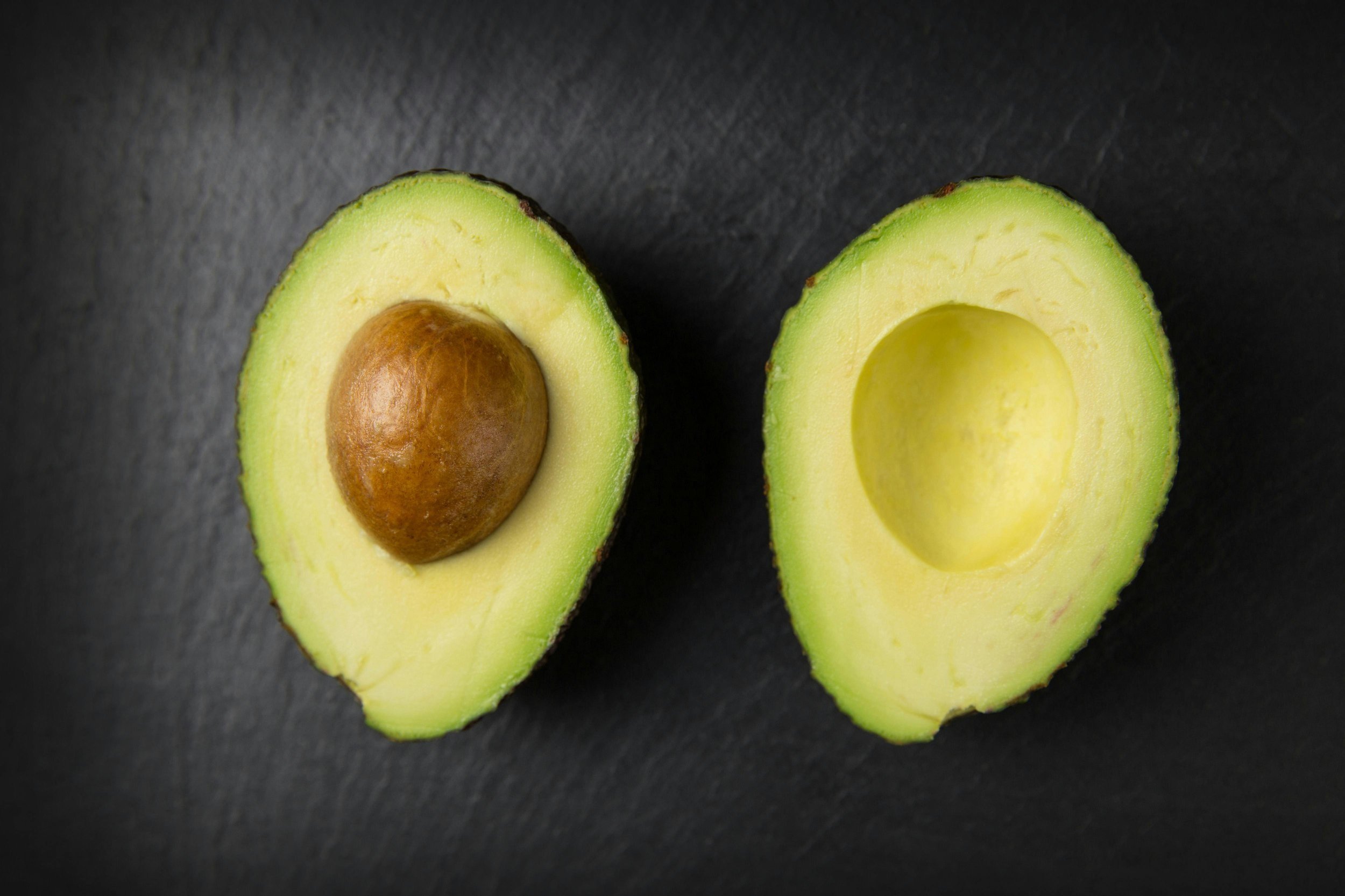Exploring Keto and Carnivore Diet Benefits for Health
As a holistic health practitioner, I focus on guiding people through the complex landscape of well-being, covering physical, emotional, mental, energetic, and spiritual health. In my sessions, my job is to help you enhance your overall well-being by exploring varied dimensions of health.
The journey toward optimal health typically begins with a detailed assessment to identify the main factors affecting your physical wellness. Based on this, I create a personalized wellness plan for you, incorporating specialized testing, nutritional guidance, and lifestyle changes—all designed to support and empower your journey toward a healthier self.
When evaluating individuals, the impact of diet is astonishing. I support both keto and carnivore diets. Although they may not suit everyone, these diets emphasize animal foods and healthy fats, minimizing processed items and plant toxins, which can lead to significant health benefits. Continue reading to discover the fascinating advantages!
The Carnivore Diet
The carnivore diet is a strict way of eating that emphasizes consuming only meat, emphasizing the importance of a diet using animal foods for animal fat and protein. It relies on animal meats like beef, pork, chicken, wild-caught fish, organ meats like liver, and other animal products to fulfill nutritional needs.
By focusing on fatty meats and eliminating carbohydrates, the carnivore diet can help lose weight and improve insulin sensitivity, offering a unique solution to those struggling with autoimmune diseases, blood sugar regulation, weight loss, and digestive issues.
Blending the principles of the ketogenic diet and the carnivore diet, the keto carnivore diet presents a very low-carb diet that maximizes the benefits of ketosis while focusing on animal-based nutrition.
An approach to strictly animal products limits carb intake of saturated fat to extremely low levels, encouraging the body to burn fat for fuel, which promote weight loss and improved metabolic health.
The Keto Diet
Keto, on the other hand, also focuses on the importance of meat but introduces fats from various sources with high protein, such as eggs, avocados, nuts, seeds, and oils, alongside a low carb and moderate protein intake.
The keto diet significantly reduces carbohydrate intake, aiming to enter a state of ketosis, metabolic state where the body becomes highly efficient at burning fat for energy.
Several health benefits have been linked to the metabolic shift induced by keto diets, such as weight loss, enhanced control over blood sugar management, improved heart health through favorable changes in cholesterol levels, better brain health, and a decrease in body-wide inflammation.
Furthermore, the keto diet supports mental clarity and energy levels by providing a constant energy source in the form of ketones, a type of fuel the body produces when it burns fat. This can be particularly beneficial for those looking to improve cognitive function and overall mental wellness.
Eating carnivore diets and keto diets emphasize the elimination diet of processed foods, sugars, and grains, which are often associated with chronic inflammation, obesity, and a range of health issues.
What Not to Eat During Keto Carnivore Diet
To optimize health benefits and outcomes on a keto carnivore diet, strict adherence to its dietary guidelines is essential. This keto carnivore diet emphasizes animal fats and proteins while strictly excluding food groups that disrupt ketosis and impact metabolic health.
Nutritious staples and grains such as wheat, rice, corn, oats, beans, and lentils are excluded, not just for their carb content but also because they contain antinutrients like lectins and phytates.
For those who choose their diet to include plant foods, preference should be given to low-carb vegetables such as arugula, asparagus, bell peppers, broccoli, brussels sprouts, cauliflower, kale, spinach, and tomatoes. These choices help maintain ketosis without sacrificing nutritional variety.
High-starch vegetables, notably potatoes, sweet potatoes, and carrots, are to be avoided due to their high carb content, which clashes with the ketogenic diet's low-carb ethos. As are corn, peas, and most root vegetables, which also have high carbohydrate levels incompatible with maintaining ketosis.
In terms of fruits, it's advisable to avoid high-sugar options like bananas, grapes, mangoes, cherries, pears, apples, and peaches. These fruits can quickly exceed the keto diet's strict carbohydrate limits, hindering the body's ability to remain in ketosis.
Additionally, natural sweeteners—sugar, honey, maple syrup, and agave—are avoided for their high sugar content. Artificial sweeteners, despite not containing carbohydrates, are likewise excluded from this food list because of their impact on insulin response, cravings, and maintaining a state of ketosis.
What's more, sauces are one to avoid due to their often hidden sugars and unhealthy fats, which can derail metabolic progress. Instead, enhancing flavor through the use of natural animal-based options, such as homemade bone broth, becomes invaluable.
The keto diet also advises against olive oil, and advises to use avocado oil and coconut oil instead, valued for its high MCT content.
The Role of Dairy Products
Using dairy in moderation foods, such as a bit of cheese on meat or butter on steak, can enhance meals without derailing health goals. However, excessive dairy intake can be problematic. Lactose in dairy can spike insulin levels, affecting metabolism and leading to health risks like increased fat storage and disrupted hunger signals, which may result in overeating and challenges in weight management.
For those on a diet high in fatty meats, the reliance on dairy lessens. Despite the perceived benefits of raw milk, its lactose can still trigger insulin responses and worsen conditions in people with autoimmune issues, heart disease or those aiming for weight loss.
Additionally, dairy products such as heavy cream and those containing casein protein may induce inflammation, especially in people with sensitivities. Despite A2 milk being seen as less inflammatory than A1 milk, both, including heavy cream, can still aggravate conditions in sensitive individuals.
People with autoimmune diseases might find a diet limited to fatty ruminant meats, salt, and water—the "lion diet"—most beneficial. This diet reduces exposure to dietary irritants, potentially lowering antibodies and symptoms, and in some cases, leading to remission.
The Carnivore Diet's Impact on Autoimmune Conditions
If you're dealing with an autoimmune condition, you might discover that the carnivore diet offers a beacon of hope, providing a pathway to lessen your symptoms and potentially achieve remission. I've come to realize that steering clear of potential dietary triggers could be far more effective than leaning on traditional treatments like steroids.
Delving into research, particularly studies focused on Crohn's disease, I've seen significant benefits from eliminating carbohydrates and fiber. Individuals who embraced a diet devoid of these elements managed to maintain remission for up to 51 months—a stark contrast to those who didn't adjust their intake and saw no remission at all.
Looking at these conditions through a different lens, I've begun to understand they might stem from toxicities and malnutrition induced by our diet. Emphasizing a diet overloaded with unsuitable plant foods and deficient in meat leads to toxic buildups and nutritional shortages. Such imbalances are likely to trigger adverse reactions in our bodies, eventually being categorized as diseases and digestive problems.
From my observations and the extensive evidence available, a strict carnivore diet, focusing solely on strictly animal meat and water, has shown incredible potential to improve, if not entirely resolve, autoimmune issues significantly.
Evidence from tens of thousands of cases worldwide reinforces the potential advantages of the carnivore diet for those contemplating it as a strategy to manage autoimmune diseases.
Explore a New Dietary Path
Whether you're drawn to the strict carnivore diet or a keto carnivore variation, these diets offer a way to rethink conventional eating patterns and focus on a nutrient-dense diet.
Each person's path to optimal health is unique and influenced by individual health histories, genetic predispositions, and personal goals. As we navigate through the intricate world of nutrition and wellness together, my role is to provide you with the knowledge, tools, and support necessary to make informed decisions about your diet.
The principles of keto and carnivore diets offer a foundation for exploring how different foods and nutrients affect your body. By understanding the impact of what you eat on your physical and mental health, you can begin to eat a keto carnivore diet to support your specific health objectives, whether it's improving energy levels, managing weight, or addressing specific health concerns.
Education and empowerment are key components of the journey. Through our sessions, you'll gain insights into the science behind nutritional choices, learn how to listen to your body's signals and develop strategies to navigate challenges that may arise.
Remember, change doesn't happen overnight. This way of eating is a process of experimentation, learning, and adjustment. Celebrating small successes and learning from setbacks are all part of the journey towards a healthier you.
For a personalized journey towards wellness, embark on my tailored health sessions today: https://www.christyevansholistic.com/holistic-health-sessions.







